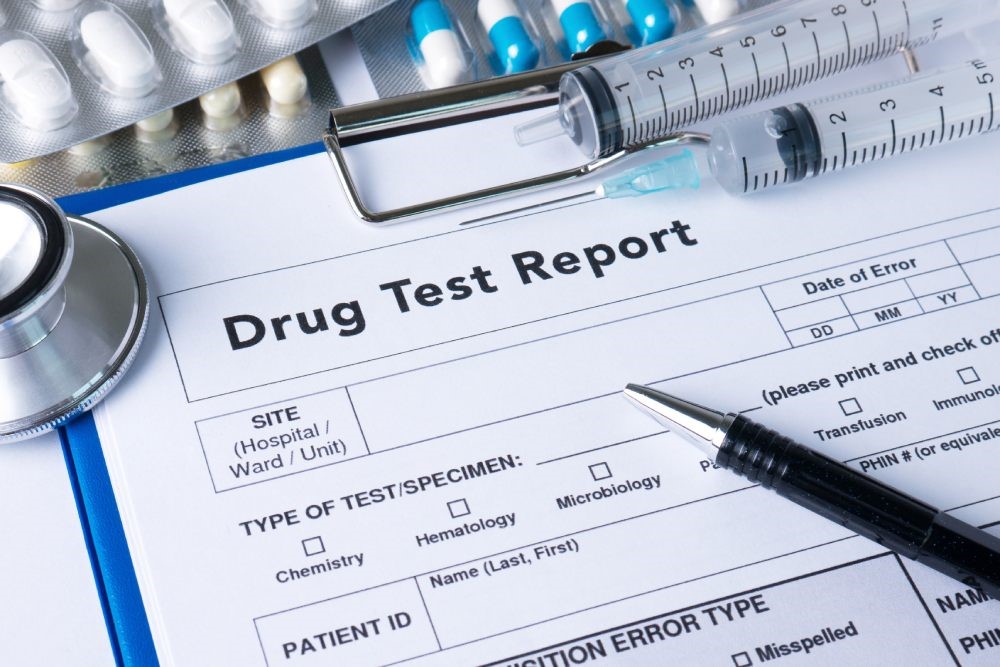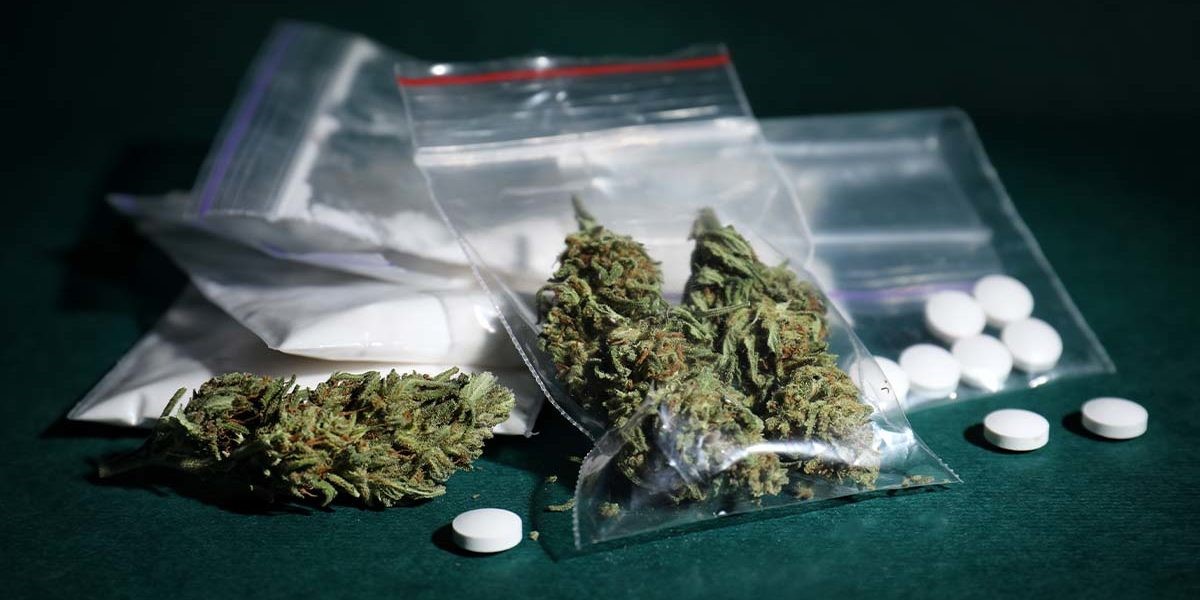DRUG TESTING AT WISE
 DOT random drug and alcohol testing programme includes computer-generated random selections, drug and alcohol collections, lab testing, medical review officer (MRO) review and reporting, substance abuse professional (SAP) referrals, Department of Transportation (DOT) reports, training, and materials.
DOT random drug and alcohol testing programme includes computer-generated random selections, drug and alcohol collections, lab testing, medical review officer (MRO) review and reporting, substance abuse professional (SAP) referrals, Department of Transportation (DOT) reports, training, and materials.
Drug & Alcohol Testing Program
The Federal Motor Carrier Safety Administration (FMCSA), in collaboration with the Department of Transportation (DOT), mandates commercial driver's licence (CDL) holders and their employers to follow alcohol and drug testing policies. These guidelines include testing techniques, testing frequency, and substances tested for.
Who Is Impacted?
- Anyone who employs CDL drivers to operate commercial motor vehicles (CMVs) on public roads
- CDL drivers who operate CMVs on public roads
- Interstate motor carriers
- Anyone who employs CDL drivers to operate commercial motor vehicles (CMVs) on public roads
- CDL drivers who operate CMVs on public roads
- Interstate motor carriers
- Federal, State, and local governments
- Civic organisations (disabled veteran transport, boy/girl scouts, etc.)
 Commercial Driver's License Drug and Alcohol Clearinghouse
Commercial Driver's License Drug and Alcohol Clearinghouse
The Commercial Driver's License (CDL) Drug and Alcohol Clearinghouse was created by the Federal Motor Carrier Administration (FMCSA) (Clearinghouse). This new database provides statistics on infractions of the United States Department of Transportation's (DOT) controlled substances (drug) and alcohol testing programme for CDL holders.
The Clearinghouse rule requires FMCSA-regulated employers, medical review officers (MROs), substance abuse professionals (SAPs), consortia/third party administrators (C/TPAs), and other service agents to report to the Clearinghouse information about current and prospective employees who violate the drug and alcohol regulations in 49 CFR Parts 40 and 382.
The Clearinghouse final rule mandates the following:
- Employers must query the Clearinghouse for existing and prospective workers' drug and alcohol infractions before allowing such employees to operate a commercial motor vehicle (CMV) on public highways.
- Employers must query the Clearinghouse on a yearly basis for each driver they currently employ.
What CDL Drivers Need to Know
DOT drug tests require laboratory testing (49 CFR Part 40 Subpart F) for the following five classes of drugs:
- Marijuana
- Cocaine
- Opiates – opium and codeine derivatives
- Amphetamines and methamphetamines
- Phencyclidine – PCP
DOT drug and alcohol tests include:
- Pre-employment – An employer must receive a negative drug test result before permitting a CDL driver to operate a CMV. (§382.301).
- Post-accident – Drug and alcohol tests may be required after crashes according to the following chart (§382.303)
- Random – CDL drivers must be randomly tested throughout the year (§382.305); an employer who employs only himself/herself as a driver, who is not leased to a motor carrier, shall implement a random testing program of two or more covered employees in the random testing selection pool as a member of a consortium (see §382.305 interpretation 11)
- Reasonable suspicion – Drivers who appear to be under the influence of drugs or alcohol can be immediately tested (§382.307). Employers must train CDL driver supervisors to detect the symptoms of driver impairment (§382.603).
- Return-to-duty – Required for drivers who tested positive, refused, or otherwise violated the prohibitions of 49 CFR Part 382 Subpart B; and who have completed the return-to-duty process with a DOT-qualified substance abuse professional. This test is directly observed, and a negative result is required before resuming driving duties (§382.309 and §40.305).
- Follow-up – Required for drivers who tested positive, refused, or otherwise violated the prohibitions of 49 CFR Part 382 Subpart B; and who have completed the return-to-duty process with a DOT-qualified substance abuse professional, and have tested negative for a return-to-duty test. This testing is prescribed by the substance abuse professional for a minimum of 6directly observed tests in 12 months, but can be extended an additional four years (§382.311 and §40.307).
